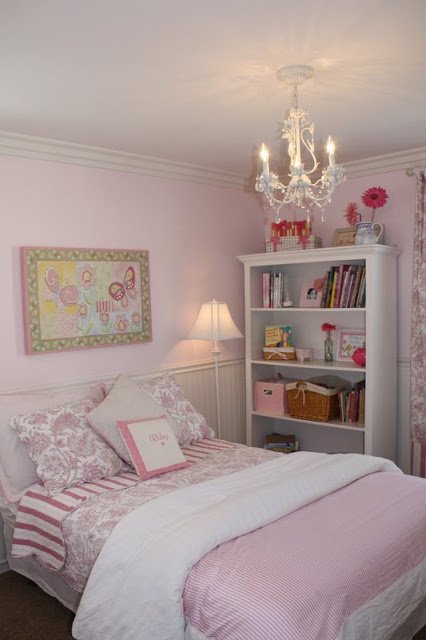


“What would be the point of allowing you to continue if you cannot help us? We are not advocating mass destruction. “You know, Facebook, insurgency is about overturning the government,” Mr. He denounced Facebook for taking down the posts backing the military’s campaign against the country’s long-running Communist insurgency. Duterte and his officials did not appear to dispute that the military was involved in the Philippine-based network. But it also posted on global topics, including China’s activity in the South China Sea, where it has territorial disputes with the Philippines. Duterte and his daughter, who is said to be weighing a presidential run in 2022. It posted about Philippine politics, including material supportive of Mr. The China-based network posted in Chinese, Filipino and English, focusing most of its activity in Southeast Asia, the company said. It posted in Filipino and English about Philippine news, including domestic politics, antiterrorism legislation and the military’s activities against terrorism, the company said. In its statement last week, Facebook said the Philippine network appeared to have escalated its activity in 20. Duterte’s 2016 campaign, also for “coordinated inauthentic activity.” In March last year, Facebook suspended 200 accounts linked to Nic Gabunada, the social media manager of Mr. Duterte’s policies, including his bloody war on drugs. Since he took office, misinformation on Facebook - some of it shared openly by his aides - has been used to slander his critics and promote Mr. Before he won the 2016 election, running as a belligerent populist, fake accounts on Facebook spread positive stories about him and inflammatory attacks on his opponents, many of them untrue. Duterte’s threats against Facebook were a striking turnaround for a president who has reaped considerable benefit from the platform. He said that the company had “opened a Pandora’s box” and that his government might respond with tougher regulations. Duterte accused Facebook of opposing his policies and supporting the Philippine left. As it plays a major role in the polarized politics of countries around the world, Facebook may well see more threats like Mr. Trump’s push to ban the Chinese apps TikTok and WeChat from the United States could embolden other leaders to erect internet blocks of their own, when it is politically expedient to do so. Trump may have provided him with a precedent of sorts for dealing with Facebook. Trump’s claims, data tools regularly show that the most-read political content on Facebook in the United States comes from right-wing voices. Duterte’s complaints are akin to ones made in recent years by President Trump, who has accused social media platforms of anticonservative bias, and whose agencies are now pursuing an antitrust case against Facebook. In Myanmar, where posts helped to encourage ethnic cleansing, Facebook blocked the country’s most powerful military official. In Thailand in 2017, it faced the threat of a ban over content that the government said violated lèse-majesté laws. It showed examples of memes the network had posted that criticized Communist insurgents in the Philippines, as well as progressive activist groups. The Philippine network had ties to the military and the police, the company said.

It said both networks had misled users about their identities. The company said last week that it had taken down two networks, one based in China and one in the Philippines, that used fake accounts to post information about a variety of subjects, including Philippine politics. Duterte are - in the short run, at least - better for Facebook’s bottom line. Yet even as it seeks to police those in power, better relations with leaders like Mr. elections or military forces stirring ethnic hatred. The American social network has come under increasing pressure to grapple with the influence it gives to sowers of disinformation, be they Russian agents seeking to influence U.S.

It was the latest reminder that the populists Facebook has empowered can turn quickly on the platform.


 0 kommentar(er)
0 kommentar(er)
